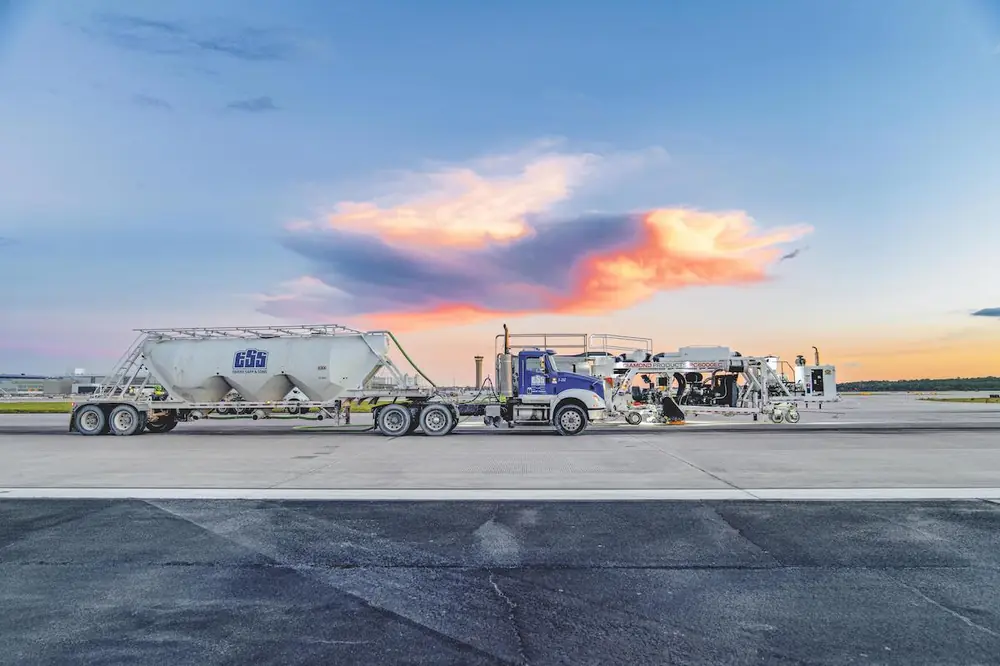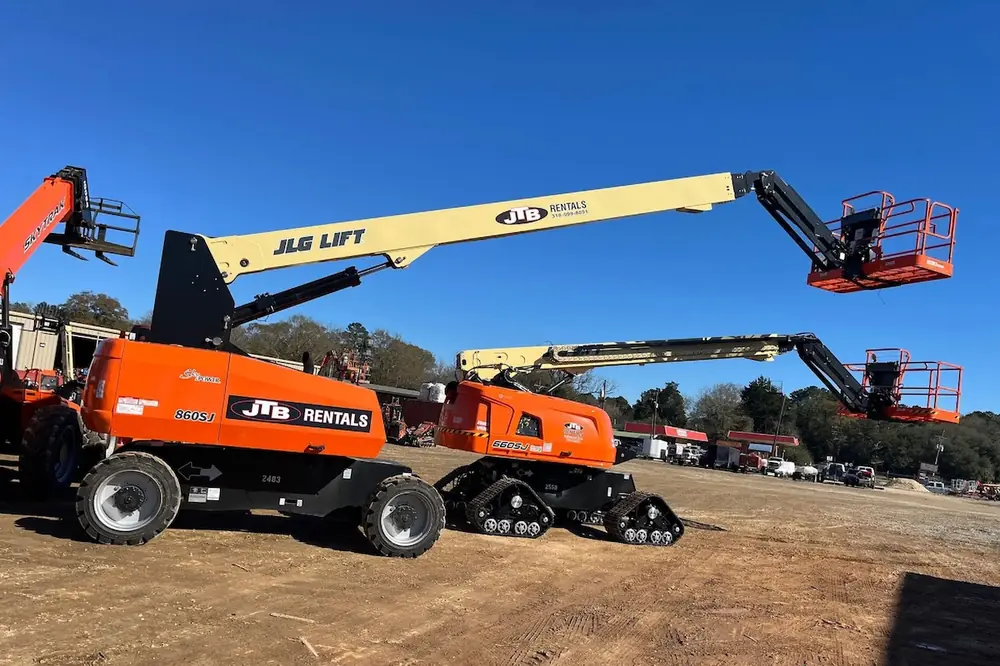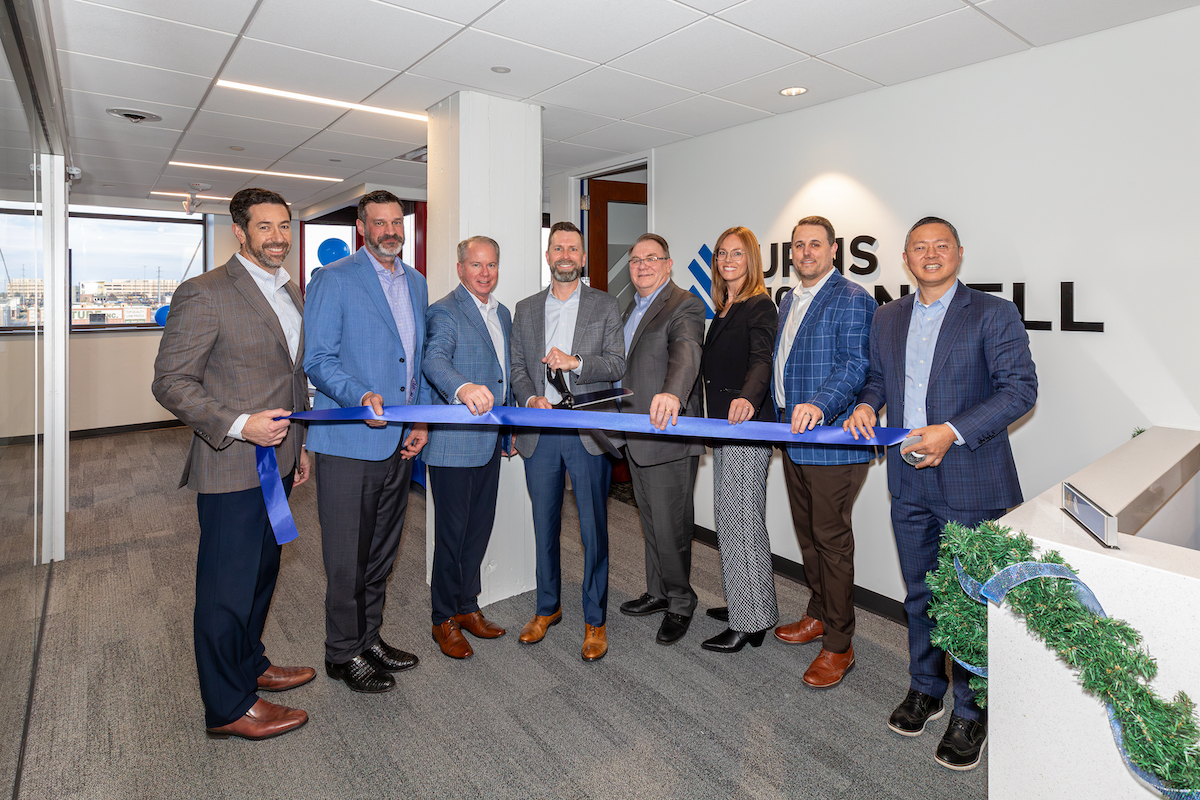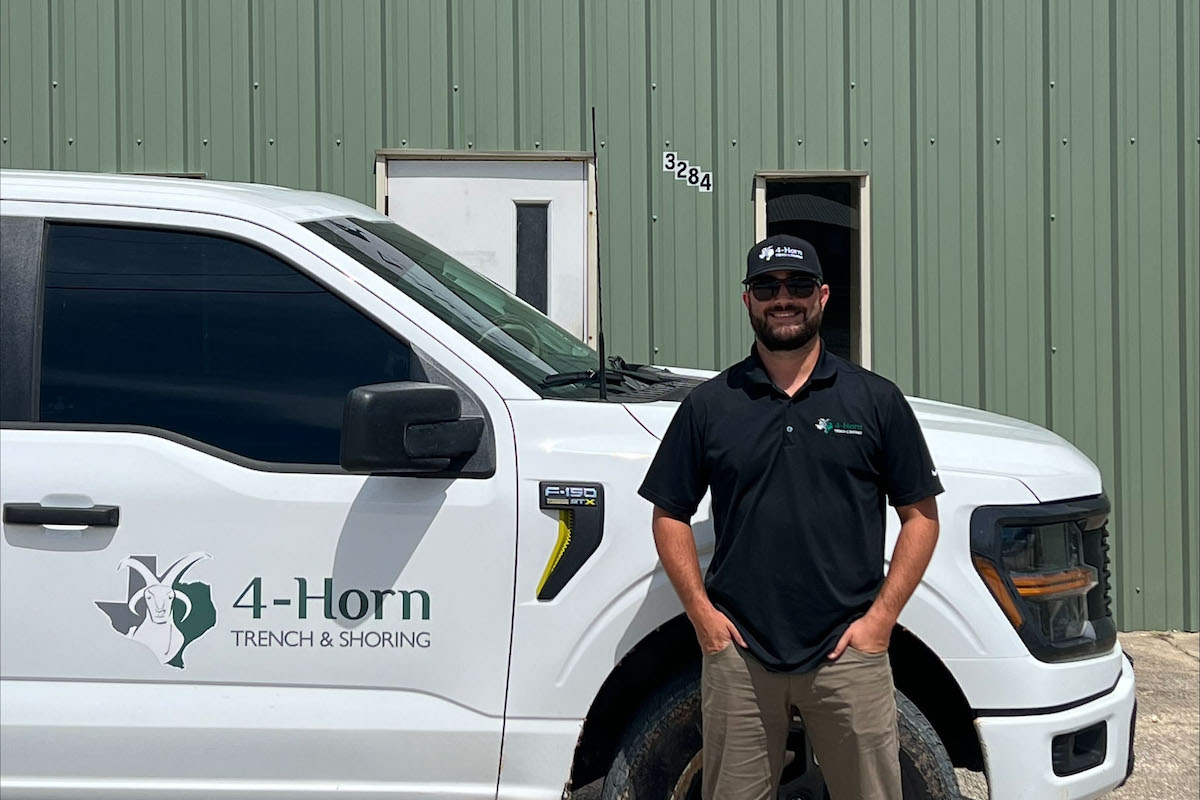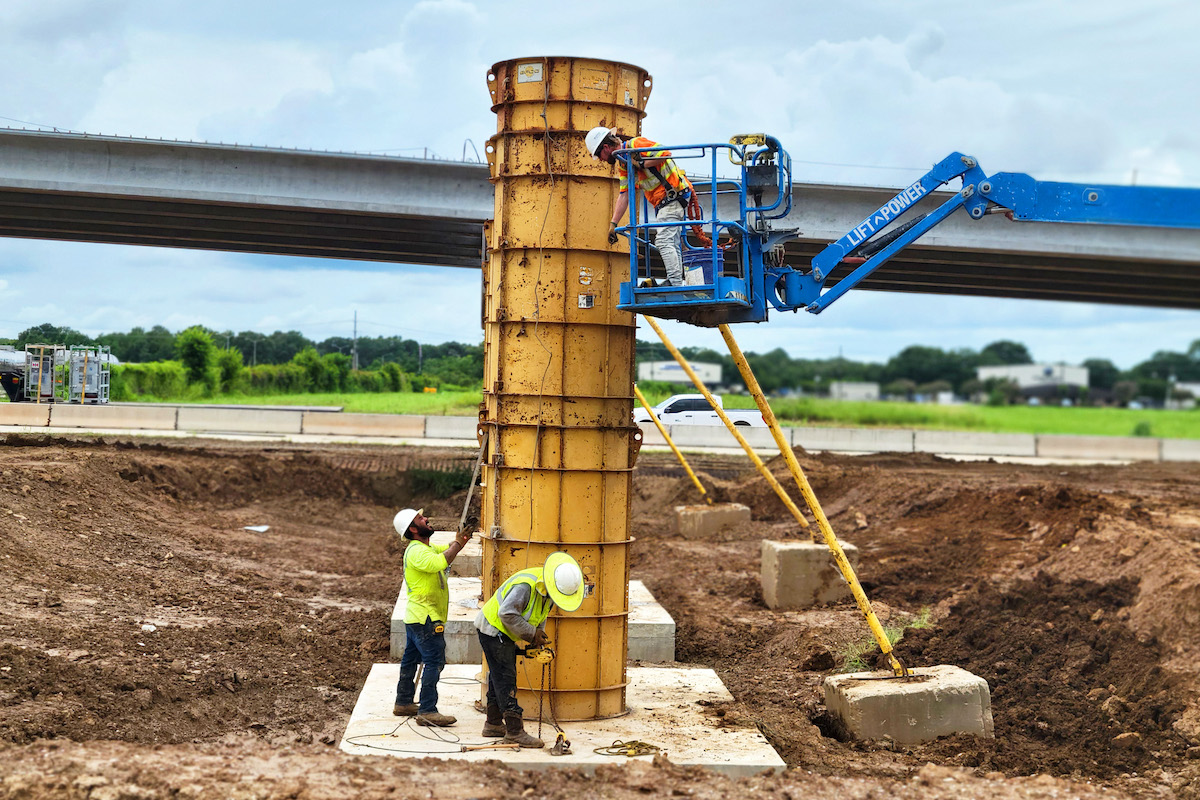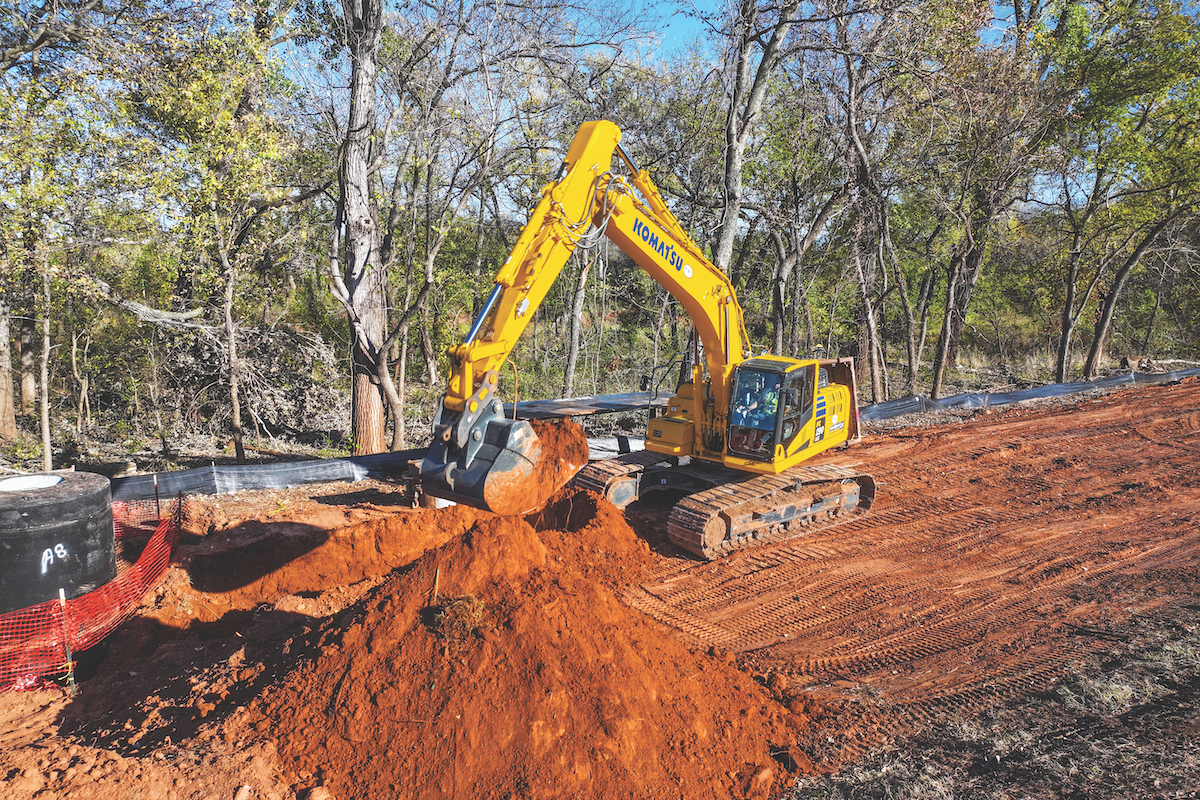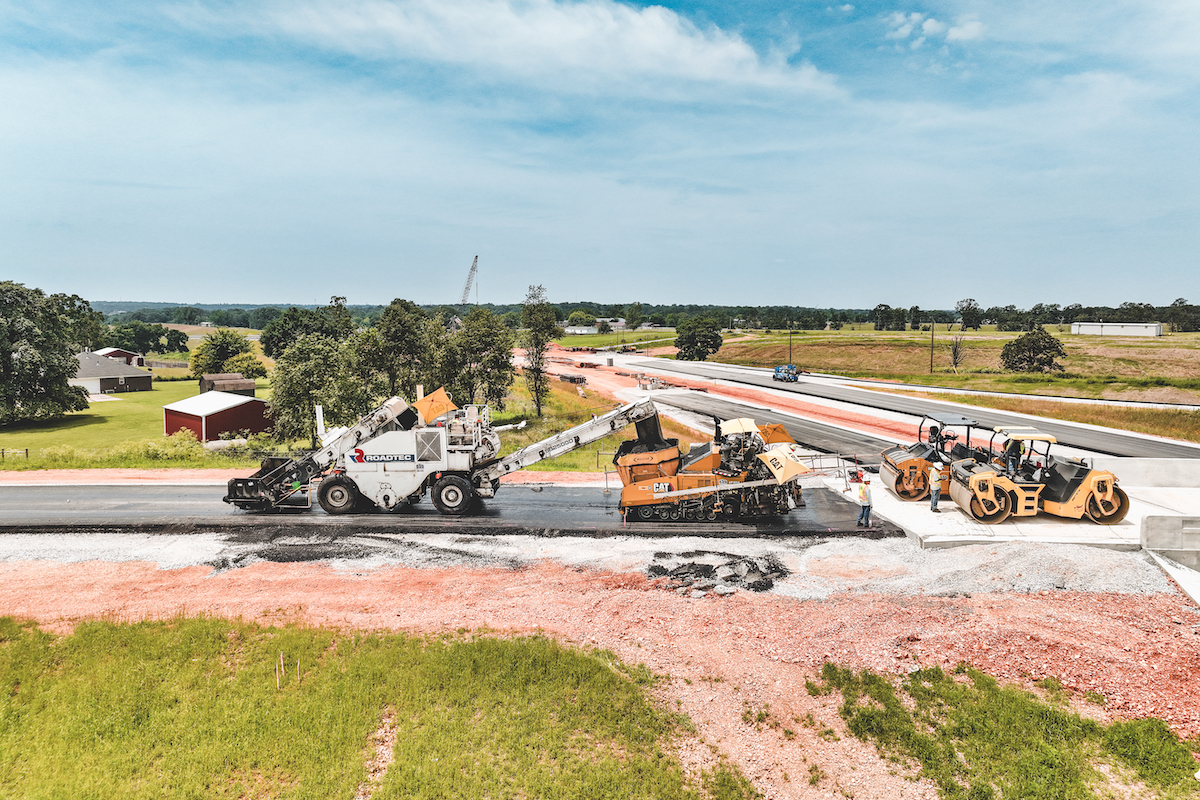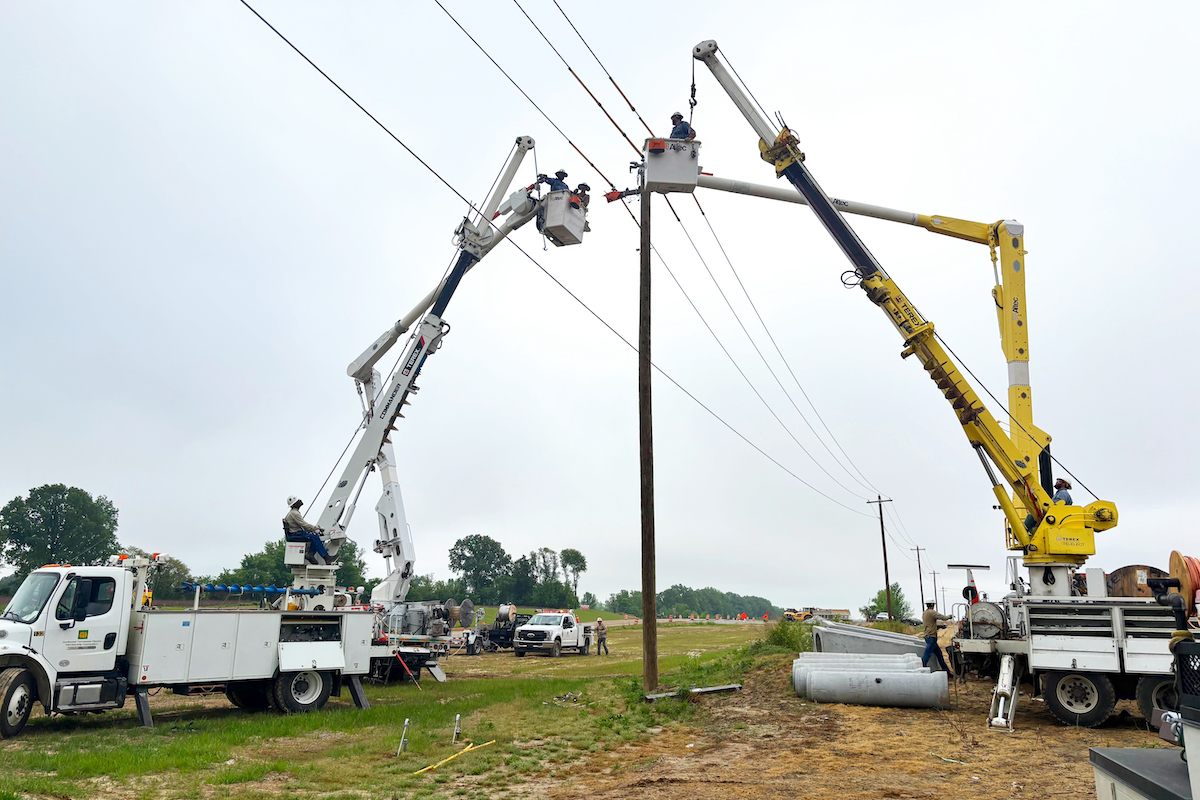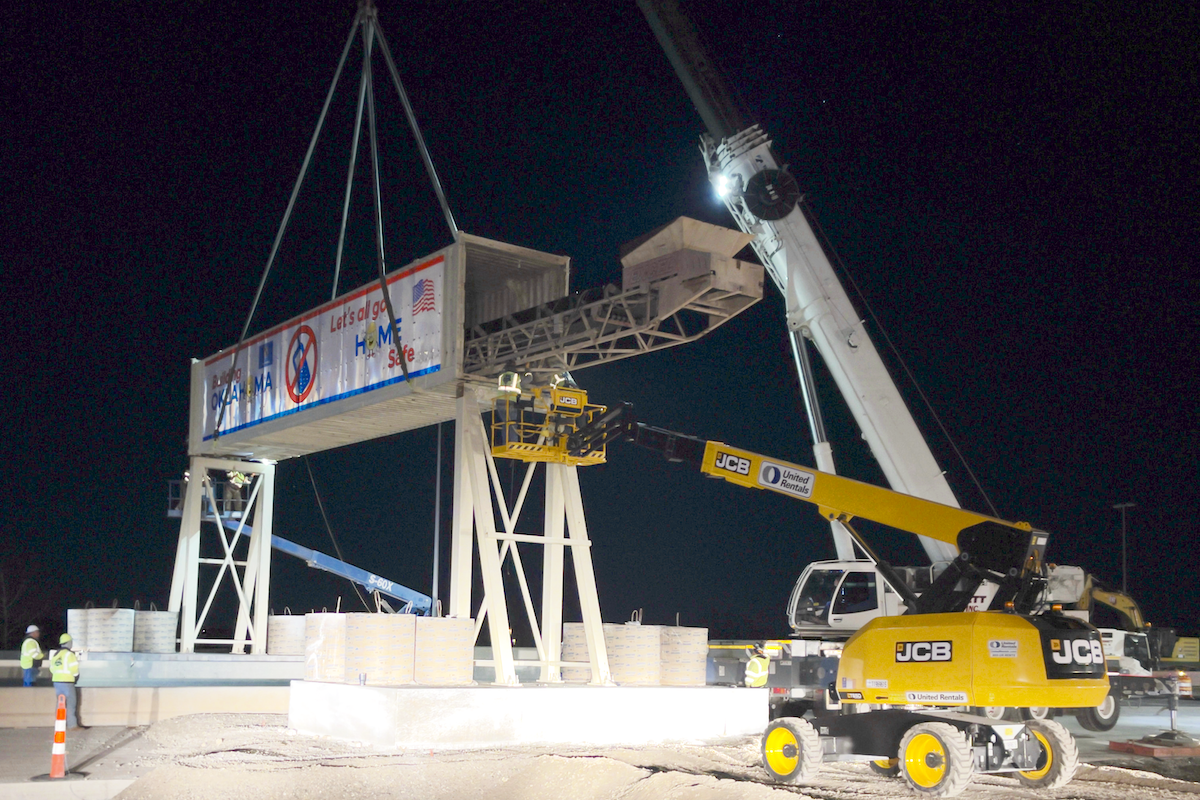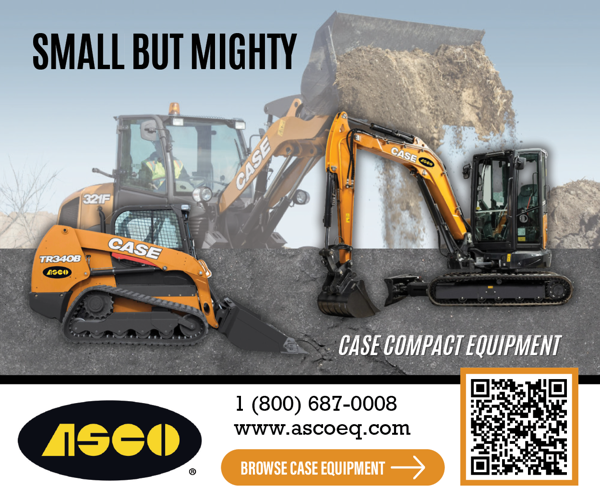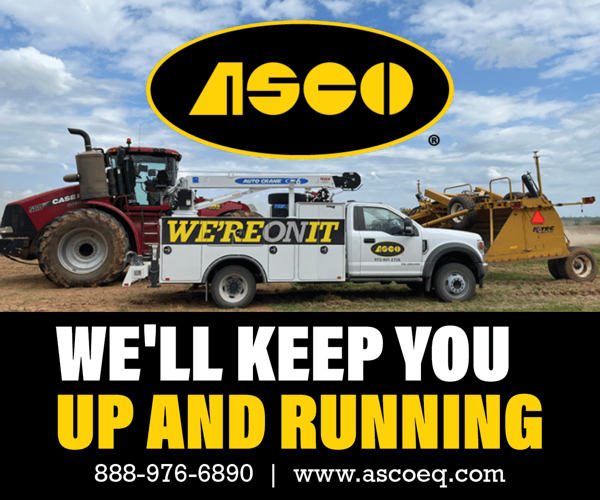As the calendar pages and weather both turn, the construction season will begin slowing down and you may start evaluating your equipment needs for next year. If you are looking to add an excavator to your fleet or swap in a newer model, here are a few tips to consider when trading in a machine and testing out new ones.
Getting the best price for your trade can be a challenge, but a few key steps can help. An excavator’s condition and age plus the market demand are the main factors private buyers or dealers will look at.
Be sure to research what your machine is worth before making repairs or agreeing to a trade-in amount. Check out recent auction figures or review comparable machine values on sites like machinerytrader.com.
If you maintain good service records, it can make a big difference in what someone will pay you for the machine. Service agreements with the excavator’s OEM or dealer are even better. These records tell the story of the machine and prove that you took good care of it.
When it comes to the excavator’s condition, you’ll get a better trade value if it has 40 percent to 50 percent life remaining on the undercarriage or, if it’s a wheeled excavator, on the tires. Repairs and replacements on these important parts are expensive, and someone has to pay for them somewhere along the line.

| Your local Case Construction Equipment Inc dealer |
|---|
| ASCO Equipment |
For example, a 7,000-hour excavator with 20 percent undercarriage life is not worth as much if the average comparable machines have 50 percent. You can replace the undercarriage, but then you’ve spent a bunch of money and priced yourself out of the comps that have everything else in common. Alternatively, not replacing the undercarriage means discounting the price to offset what the buyer will have to invest.
There is such a thing as over-repairing your excavator. Know the difference between what is and is not acceptable given its age and hours, and if you’re not sure, ask your dealer. One suggestion is to consider used components — there are OEM and non-OEM dealers who have access to these.
It may seem tedious, but pay attention to cosmetics as well. The roughest-looking excavator could be mechanically sound, but if the first impression is that it’s junk, that won’t matter. The goal is not to mask or hide anything, but to present a machine where the condition is reflective of its age and hours. Ensure that the sheet metal is straight, the operator’s platform is clean and functional, and paint is only redone in areas consistent with the hours accumulated.
The reason you’re in the market at all is because you’re looking for the excavator best suited for your particular kind of work. To know which machine meets your needs, you should shop from the holistic perspective of your team — from the owner and fleet manager to the operators, service managers, and techs. All these people have features and considerations in mind that will make their workdays better.

| Your local Wirtgen America dealer |
|---|
| Kirby-Smith Machinery |
For Owners and Fleet Managers
Three key factors for owners and fleet managers will be total cost of ownership (TCO), fuel efficiency, and cycle times. Yes, the initial purchase price is important, but it’s only one piece of the puzzle in determining how much an excavator can impact your earnings and what it will cost you to get the work done. Most dealers and manufacturers can help you determine a machine’s TCO as it relates to your specific applications.
If you can get the same work done and burn less fuel doing it, that is a huge advantage. Over time, fuel consumption can become a big number on the list of operating expenses, eating away at your profits. Ask about features that adjust power for specific types of work. For example, certain work modes provide operators full power without running at full throttle.
Another thing to ask about is an excavator’s cycle times — and make sure you compare apples to apples by calculating this with the same loading setup you use (e.g., same-level loading versus side loading). You may learn that a different model will allow you to do more or do it faster, improving productivity while lowering fuel consumption.
For Operators
An excavator’s comfort, visibility, stability, and in-cab features will matter to those who operate it. Is the seat adjustable? Can you adjust the joysticks to the right height, and are they sensitive enough? Does it have thoughtful features like sunshades, room for personal items like drinks or a lunch, and even a phone charger, available on some newer models? Some OEMs cut costs by cutting corners on cab design, but that can add a lot of strain on the operator’s body and mind throughout the day and potentially affect their productivity.

| Your local Wirtgen America dealer |
|---|
| Kirby-Smith Machinery |
Take note of visibility to the boom and attachment from the cab, side, and back of the machine. Are there backup cameras? Can you easily see what's going on around you? Does it have radar to alert you if you’re too close to an object or person? These types of features impact both productivity and safety.
As for stability, if you’re moving an appropriate amount of material in your bucket, an excavator’s movements should feel smooth. If it jostles or feels like it might tip over, you should speak up — for obvious safety reasons, but also because that will impact your operator throughout the day.
Some may say the apps available on in-cab displays aren’t necessary, but machine control systems that can tell you how deep to dig, in what direction, at what angle, etc., can significantly improve accuracy and eliminate rework. Technologies like this aren’t intended to make up for poor performance or replace training; they’re designed to help operators meet job specs the first time, every time.
For Your Service Team
Service managers and mechanics will want to consider service access, telematics support, warranties, and the commonality of service parts across your fleet. To state the obvious, easy service access makes for faster maintenance turn times. Are the excavator’s service access points at ground level, or will the tech have to climb up on the machine to get to everything? Are components routed properly so mechanics can get to them easily, or will they be required to take the engine out to get to a fitting? Your techs will certainly have opinions about these answers.

| Your local Iowa Mold Tooling Co Inc dealer |
|---|
| Nichols Fleet Equipment |
Telematics can provide valuable insights on machine health, but if you’re bombarded with alarm codes that don’t clearly tell you what’s going on, they’re not much good. Advanced telematics programs filter these codes to provide simplified case alerts that only address critical issues, making machine management easy and preventing costly downtime.
In addition to an excavator’s powertrain warranty, find out how long the frame and structure are covered. Most excavator applications are strenuous, and damage to the frame or structure can take a machine down for weeks. If you can, get a lifetime warranty on the frame, boom, and arm.
And finally, if you run a mixed-brand fleet, check to see if your new excavator has the same parts as any of your existing equipment. Having common parts like filters and hoses makes service much faster and easier.
One last piece of advice is to work with a dealer and/or OEM that you trust and that you know can give you the service and support you need. In an industry where time truly is money, this cannot be overstated.

| Your local Komatsu America Corp dealer |
|---|
| Kirby-Smith Machinery |
| WPI |
Remember, when trading in an excavator, do your best to ensure that it looks and runs as good as it can while honestly representing its age. And when the time comes to demo a newer model, ask lots of questions and try out every feature that your team will care about. A big purchase (or rental or lease) is worth the time and energy it takes to find the right fit for both your work and your people.
















